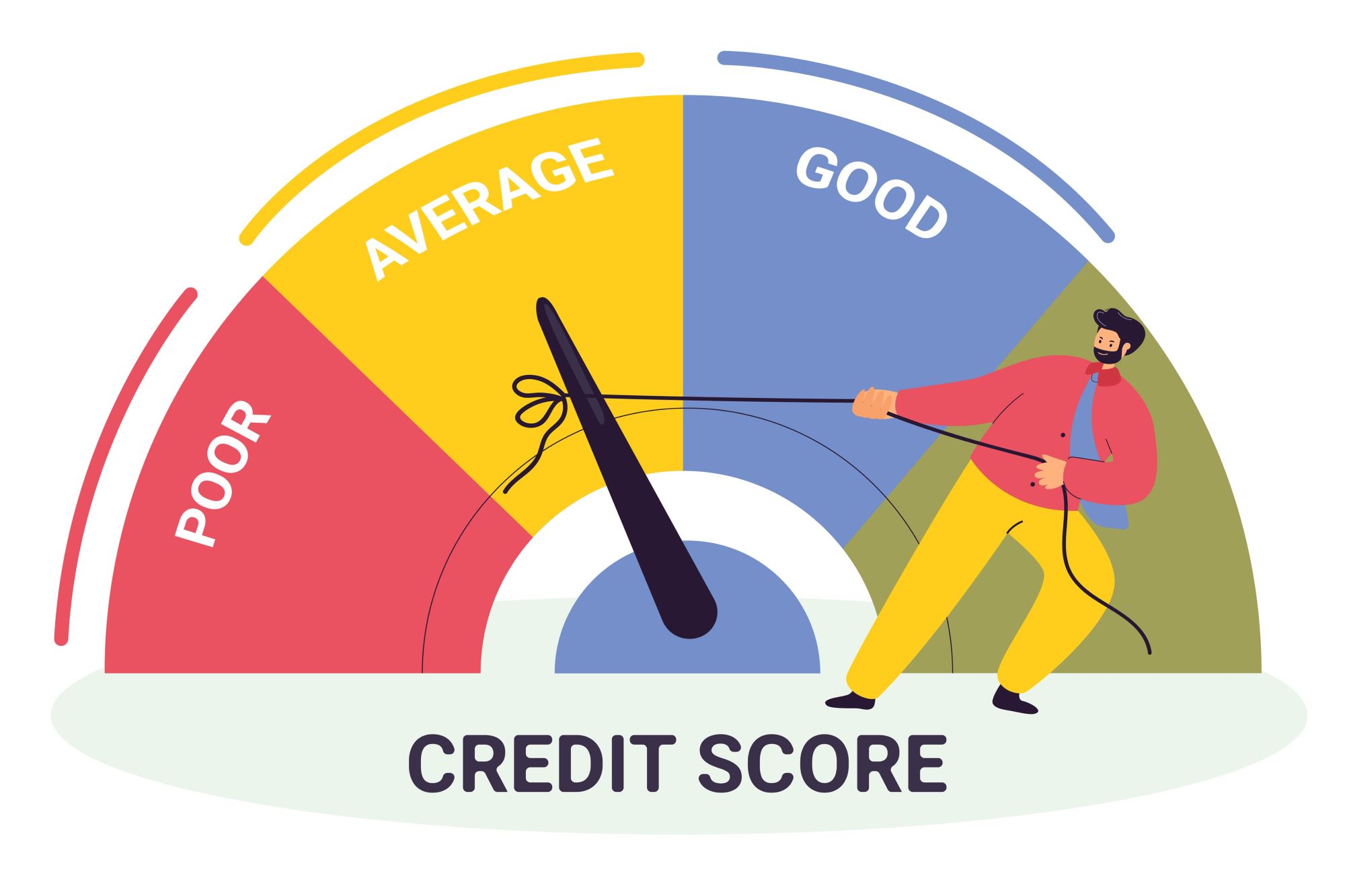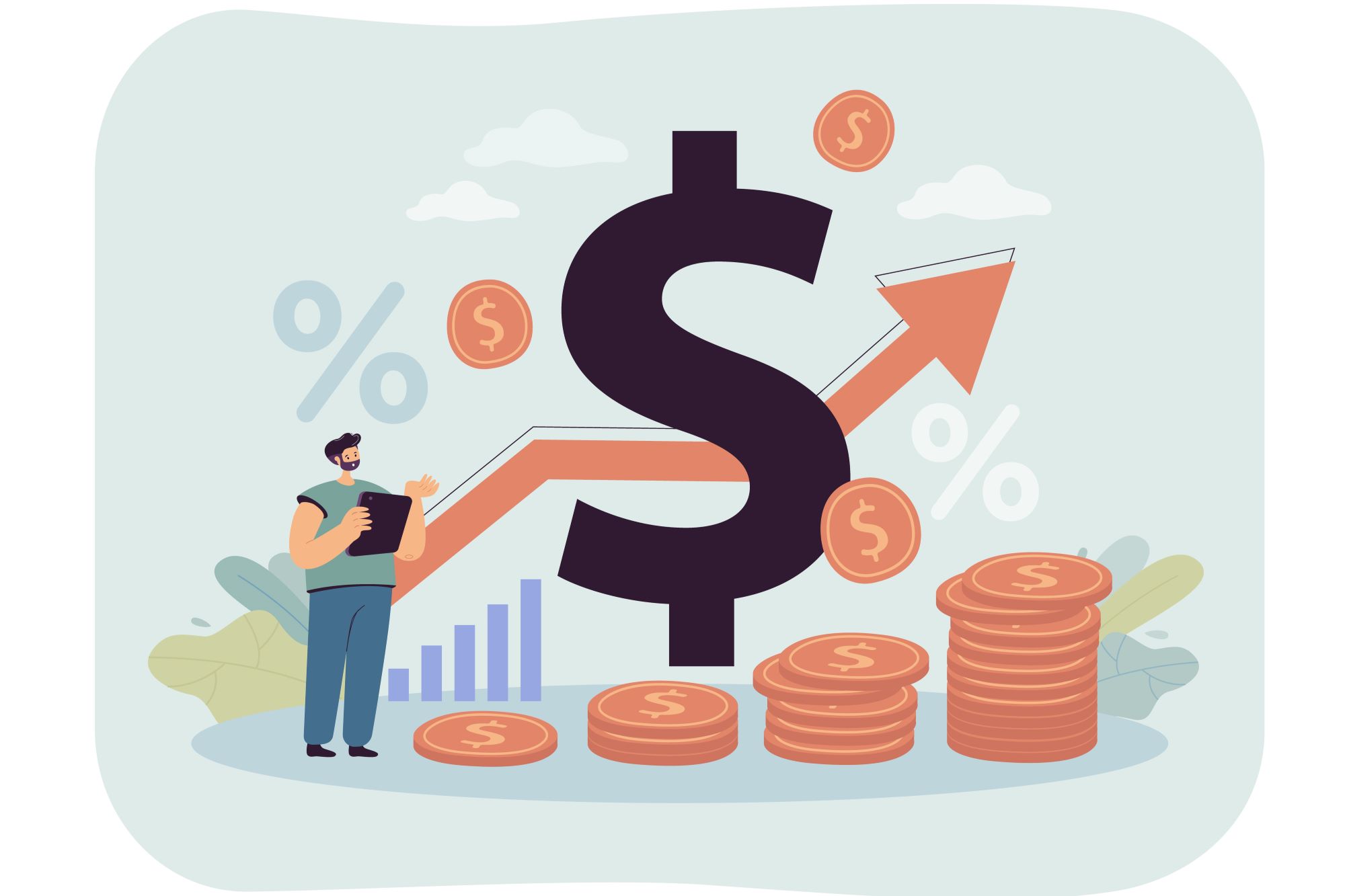Getting a loan with a bad credit score might seem like an uphill battle, but it’s not impossible. Many people face financial challenges that lead to less-than-perfect credit, and there are ways to secure a loan despite this. This article will guide you through understanding your credit score, exploring loan options, and improving your chances of approval.
Bad Credit Scores
Definition of Bad Credit Score
A bad credit score is typically defined as a FICO score below 580. This score range indicates a higher risk to lenders because it suggests that the borrower has had trouble managing credit responsibly in the past. Reasons for a low credit score can include late payments on bills, high levels of existing debt, defaults, bankruptcies, or other financial difficulties. When a person’s credit score falls into this category, it becomes significantly harder for them to secure loans or credit cards, and if they do, they often face much less favorable terms.
Lenders use credit scores to assess the risk of lending money. A lower score means a higher risk of default, which leads to higher interest rates and stricter loan conditions for the borrower. This is because the lender needs to mitigate the increased risk of not getting their money back. Therefore, maintaining a good credit score is crucial for accessing financial products at reasonable terms and interest rates.
Causes of Bad Credit Scores
Several factors can lead to a bad credit score, and understanding these can help in taking steps to improve it:
- Late or Missed Payments: Consistently paying bills late or missing payments entirely is one of the most common causes of a low credit score.
- High Credit Card Balances: Using a large portion of your available credit limit can negatively impact your score, even if you are making minimum payments.
- Bankruptcy: Declaring bankruptcy has a severe negative impact on your credit score and can affect it for up to ten years.
- Foreclosure: Losing your home due to non-payment of your mortgage not only affects your living situation but also drastically reduces your credit score.
- High Number of Hard Inquiries: Applying for multiple credit cards or loans in a short period can lead to numerous hard inquiries, which can lower your credit score.
Each of these factors reflects behaviors or situations that lenders view as risky. Addressing these issues can help improve a credit score over time.
Impact of Bad Credit Scores
Having a bad credit score can significantly affect your financial life. The most immediate impact is on your ability to obtain loans and credit cards. Lenders are less likely to approve loan applications from individuals with low credit scores. When loans are approved, they often come with high interest rates and less favorable terms, making borrowing more expensive.
Additionally, a bad credit score can affect more than just borrowing. It can influence rental applications, as landlords often check credit scores to determine the reliability of potential tenants. It may also impact job prospects, especially for positions in finance or other industries where trust and financial responsibility are crucial. In some cases, utility companies and insurance providers also use credit scores to determine deposit requirements or premium rates, making everyday living more costly for those with poor credit.
Types of Loans Available for Bad Credit
Personal Loans
Personal loans for bad credit are typically unsecured, meaning they do not require collateral such as a car or home. These loans can be used for a variety of purposes, including debt consolidation, emergency expenses, or home improvements. However, because they are unsecured, lenders view them as higher risk, resulting in higher interest rates and stricter terms for borrowers with bad credit. It’s essential to shop around and compare offers to find the best possible terms for your situation.
Secured Loans
Secured loans require the borrower to provide collateral, which could be a vehicle, savings account, or other valuable assets. The presence of collateral reduces the risk for the lender, often resulting in lower interest rates and more favorable terms. If the borrower defaults on the loan, the lender has the right to seize the collateral to recover their losses. This type of loan can be a viable option for individuals with bad credit as it offers a greater chance of approval and more manageable repayment terms.
Payday Loans
Payday loans are short-term loans designed to provide quick cash to cover expenses until the borrower’s next payday. These loans are usually easy to obtain, requiring minimal documentation and credit checks. However, they come with very high interest rates and fees, making them an expensive option. Borrowers should use payday loans only as a last resort and be aware of the potential debt cycle they can create due to their high cost and short repayment period.
Credit Union Loans
Credit unions are member-owned financial institutions that often offer more personalized services and better loan terms compared to traditional banks. They are more willing to work with individuals with bad credit, providing loans at lower interest rates and with more flexible terms. Joining a credit union and applying for a loan through them can be a beneficial option for those with poor credit, as credit unions typically consider the member’s overall financial situation rather than just their credit score.
Peer-to-Peer Lending
Peer-to-peer lending platforms connect borrowers directly with individual investors willing to fund loans. These platforms can offer competitive interest rates and more lenient approval criteria, making them an attractive option for those with bad credit. Borrowers create a profile and request a loan amount, and investors review and choose to fund the loans based on their own risk preferences. This model can provide more accessible funding options for individuals who may struggle to secure loans through traditional financial institutions.
How to Improve Your Chances of Getting a Loan
Check Your Credit Report
Before applying for a loan, one of the most crucial steps you can take is to check your credit report. Your credit report is a detailed record of your credit history, including your borrowing and repayment habits. By reviewing this report, you can identify any errors or inaccuracies that might be dragging down your credit score. Common errors can include incorrect personal information, duplicate accounts, or errors in payment history. Disputing these inaccuracies with the credit bureaus can potentially boost your credit score, improving your loan approval chances.
To check your credit report, you can request a free copy from each of the three major credit bureaus: Equifax, Experian, and TransUnion. Once you have your reports, go through them meticulously. If you spot any errors, contact the respective credit bureau to file a dispute. This process can take some time, but it’s crucial for ensuring your credit report accurately reflects your financial behavior. A clean and accurate credit report can make a significant difference when applying for a loan.
| Step | Action | Purpose | Outcome |
| Check Credit Report | Request reports from Equifax, Experian, and TransUnion | Identify errors | Correct inaccuracies to boost score |
| Correct Errors | Dispute inaccuracies with credit bureaus | Ensure report accuracy | Improve credit score |
| Provide Proof of Income | Submit pay stubs, tax returns, bank statements | Demonstrate ability to repay loan | Increase lender confidence |
| Offer Collateral | Use car, house, or savings account as collateral | Reduce lender’s risk | Obtain better loan terms |
| Get a Co-Signer | Find a co-signer with good credit | Share loan responsibility | Qualify for loan and better terms |
Correct Errors in Your Credit Report
If you find errors in your credit report, it’s essential to take immediate action to correct them. Contact the credit bureau that issued the report with the error. You can usually file a dispute online, by mail, or over the phone. Provide documentation that supports your claim, such as receipts, bank statements, or letters from creditors. The credit bureau is required to investigate and resolve disputes typically within 30 days.
Correcting errors can significantly improve your credit score, which in turn can enhance your chances of getting a loan. Accurate credit reports are crucial because lenders rely on this information to assess your creditworthiness. Ensuring that your report reflects your true financial history can help you secure better loan terms and interest rates.
Provide Proof of Income
Lenders want assurance that you have a steady and sufficient income to repay the loan. Therefore, providing proof of income is a vital part of the loan application process. This proof can include pay stubs, tax returns, or bank statements showing regular deposits. A stable income demonstrates to lenders that you have the financial capability to make timely loan payments.
Submitting comprehensive proof of income can bolster your loan application, especially if you have a lower credit score. It reassures the lender that, despite your credit history, you have the means to meet your repayment obligations. This can lead to a higher chance of approval and potentially better loan terms.
Offer Collateral
Offering collateral is another effective strategy to improve your chances of getting a loan. Collateral is an asset that you pledge to the lender as security for the loan. Common forms of collateral include vehicles, homes, or savings accounts. By providing collateral, you reduce the lender’s risk because they have a way to recover their money if you default on the loan.
Secured loans, which require collateral, often come with lower interest rates and more favorable terms compared to unsecured loans. This is because the presence of collateral reduces the lender’s risk. If you have valuable assets, consider using them as collateral to secure a loan. However, be mindful that if you fail to repay the loan, the lender can seize the collateral.
Get a Co-Signer
A co-signer with good credit can significantly improve your chances of getting a loan. A co-signer is someone who agrees to take on the responsibility of repaying the loan if you are unable to do so. This additional assurance can make lenders more willing to approve your loan application and offer better terms.
Having a co-signer can help you qualify for loans that you might not otherwise be able to secure on your own. However, it’s important to remember that the co-signer is equally responsible for the debt. If you default on the loan, it will affect both your credit score and the co-signer’s. Therefore, it’s crucial to ensure that you can manage the loan payments before asking someone to co-sign.
Risks and Considerations
High Interest Rates
Loans for bad credit often come with high interest rates, which can make them expensive over time. Lenders charge higher rates to offset the risk associated with lending to individuals with poor credit histories. This means that while you may be able to secure a loan, the cost of borrowing will be significantly higher, leading to larger monthly payments and a greater total repayment amount over the life of the loan.
It’s important to carefully consider whether you can afford the high interest rates associated with bad credit loans. Calculate the total cost of the loan, including interest and fees, to understand the financial commitment you are making. In some cases, it might be worth improving your credit score before applying for a loan to secure better rates and terms.
Predatory Lenders
Predatory lenders often target individuals with bad credit, offering loans with exorbitant fees and interest rates. These lenders exploit the borrower’s lack of options, trapping them in cycles of debt that are difficult to escape. Predatory lending practices include hidden fees, high-pressure sales tactics, and misleading terms that can worsen the borrower’s financial situation.
To avoid predatory lenders, research potential lenders thoroughly and read all loan documents carefully before signing. Look for reviews and ratings from other borrowers and check if the lender is registered with relevant financial authorities. Understanding your rights and the terms of the loan can help protect you from unscrupulous lenders.
Impact on Credit Score
Taking out a loan can impact your credit score in several ways. Initially, applying for a loan results in a hard inquiry on your credit report, which can slightly lower your score. Additionally, if you are approved for the loan, it increases your total debt, which can also affect your credit score. Most importantly, failing to make timely payments on the loan can lead to significant drops in your credit score.
Before applying for a loan, assess your ability to meet the repayment terms. Missing payments or defaulting on the loan can have long-lasting negative effects on your credit score, making it even harder to obtain credit in the future. Ensure that the loan terms are manageable and fit within your budget to avoid damaging your credit further.




